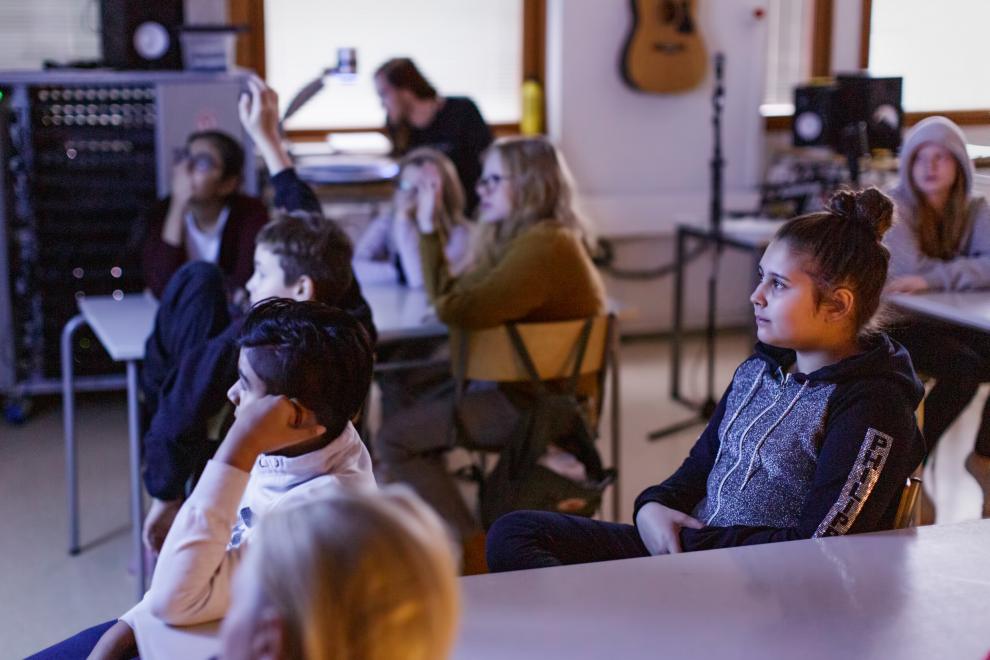Project for Youth Social Inclusion and Me school development to prevent social exclusion in comprehensive schools

Estimated reading time 2 minutes
Assessment objective
The main questions of the assessment were whether the measures of the Project for Youth Social Inclusion have been implemented in comprehensive schools and whether Me schools have implemented measures in accordance with the objectives of the project. The Project for Youth Social Inclusion is a City Strategy project for the reduction of inequality and the prevention of the social exclusion of children and young people in 2017–2021. The Me school project, which has been implemented in three schools, is part of the Project for Youth Social Inclusion. The assessment examined four measures of the Project for Youth Social Inclusion: the progress of the inclusive school model; the I See You See training; the development of the process of addressing absences and policies to increase reading amongst boys and those with an immigrant background in particular. In addition to this, Me school development at the schools of Laakavuori, Kannelmäki and Malmi was examined. The assessment focused on the development of the work environment of Me schools and the work of professionals in accordance with the objectives, as well as the achievement of the objectives set for Me schools.
Conclusions
The measures of the Project for Youth Social Inclusion selected for the assessment have mainly started to be implemented at comprehensive schools. The measures of the Project for Youth Social Inclusion will continue even though the strategy period is at an end. Measures in line with the objectives of the Me project have been implemented at the Me schools for the most part. At Laakavuori school, the teaching of emotional and interaction skills has also calmed down the school’s work environment. Experiences have been so good that the teaching is being expanded to other schools. Multi-professionality and cooperation have increased in the work of professionals. According to the assessment, schools play a very important role in the prevention of social exclusion. The continuity of the activities depends on the continuation of multi-professional cooperation and the work of school coaches at schools. Furthermore, the continuation of projects for the prevention of social exclusion seems to require a separate person in charge of organising and coordinating the projects and putting them into practice as a part of the normal operations of schools.
the Education Division must
◼ allocate permanent resources to comprehensive schools for work to prevent inequality and social exclusion among children and young people in areas with a higher-than-average level of disadvantage. These resources will enable schools to continue or launch the effective operating models created in the Me school development and the school coach model.

Add new comment